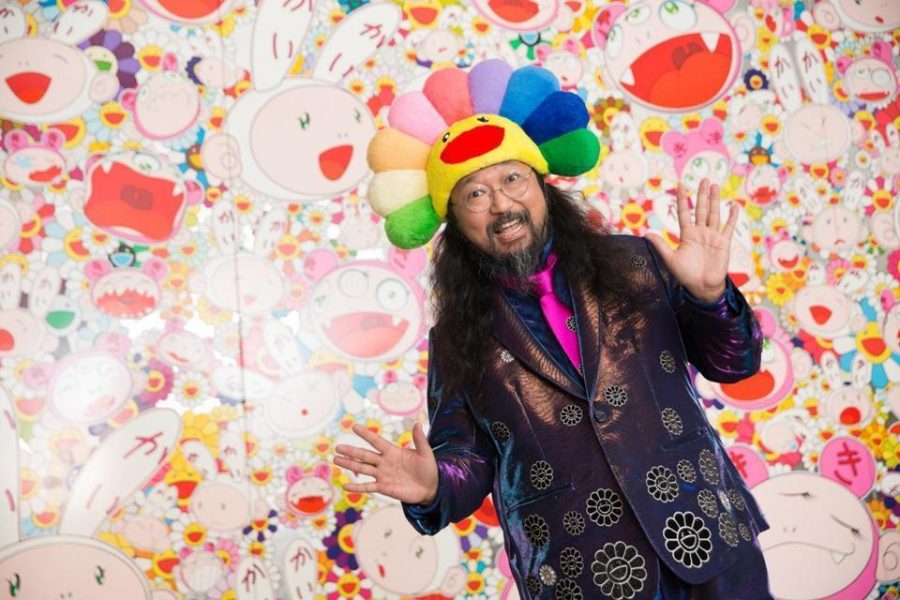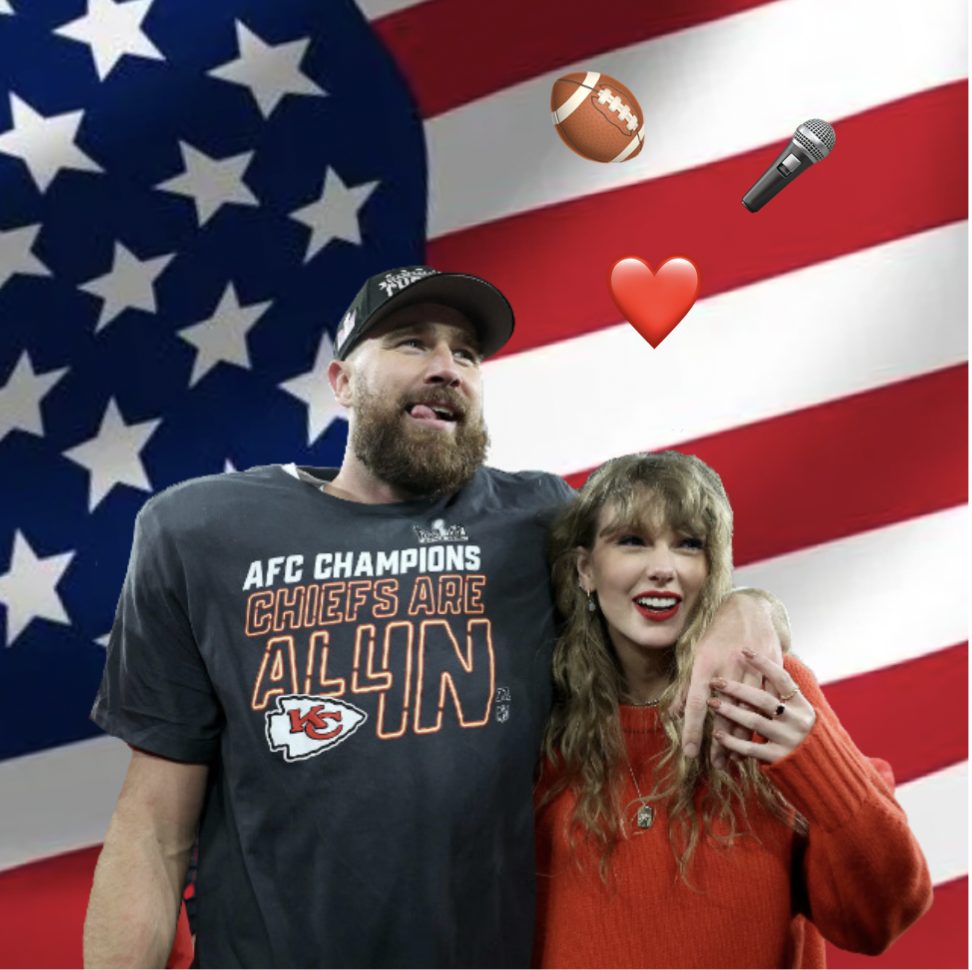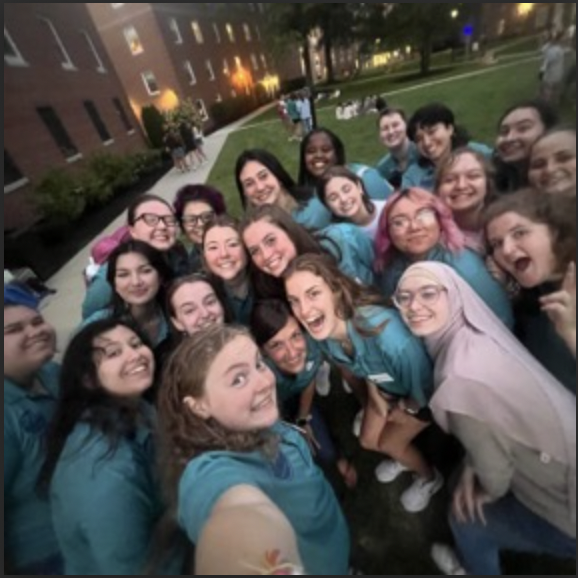Each year, Simmons, like many colleges across the country, puts on “The Vagina Monologues.” Written by playwright, feminist, and activist Eve Ensler, “The Vagina Monologues” was groundbreaking when first performed in 1996, offering the world a piece of art like nothing it had seen before.
Based on over two hundred interviews Ensler conducted with women, the play addresses women’s sexuality and the social stigma surrounding issues such as rape and abuse, creating a new conversation with —and centered on—women.
Each of the monologues deals with an aspect of the feminine experience, touching on matters such as sex, love, rape, menstruation, female genital mutilation, masturbation, birth, orgasm, the various common names for the vagina, or simply the way a vagina exists as a physical aspect of the body. A recurring theme throughout the piece is the vagina as a tool of female empowerment, and the ultimate embodiment of individuality.
“The Vagina Monologues” is important for numerous reasons. Although it has been almost two decades since the play first debuted, the word “vagina” is still viewed as taboo in many contexts. Furthermore, vaginas are still societally viewed as “too complex,” “disgusting,” and “dirty,” and the majority of sex education in the U.S. does not discuss vaginal anatomy with a satisfactory level of detail sufficient for knowledge.
As a result of all this, is that many people with vaginas are not comfortable with their own bodies, something that this play aims to shed light on and counteract through normalization of discussing the experiences of people with vaginas.
For many, performers and audience members alike, performances of the “V-Logs” are empowering. The play is generally lauded as a powerful narrative of the “feminine experience.”
However, there are certain aspects of “The Vagina Monologues” that remain somewhat controversial. This year, Mount Holyoke College chose not to perform “The Vagina Monologues,” citing the play’s lack of trans representation as one of the reasons for the decision.
Many critics have already acknowledged the complexity of gender’s relationship with genitalia, and that the two are not necessarily equatable. Defining a “woman’s experience” as one that is intrinsically linked with a vagina is transmisogynistic.
Several productions have taken this into consideration, and have continued to perform the “V-Logs” while also acknowledging the problems inherent with the “woman = someone with a vagina” view put forth in the play. Some universities have introduced alternative monologues focused on the experience of trans men, trans women, and gender nonconforming individuals with vaginas.
This year, Simmons College held a forum, “Missing Bodies Within V-Logs,” to discuss representation in “The Vagina Monologues.” The recognition of unrepresented individuals is an important ongoing effort to keep “The Vagina Monologues” relevant to feminism.
Ultimately, “The Vagina Monologues” gives voice to taboo topics, and continues to promote critical thinking about sexuality, identity, and our bodies.


















